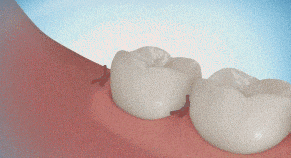
Have you experienced the fear of wisdom tooth?
Its strange sprouting position and shape, the pain caused by sudden inflammation, and the uneasiness before formal tooth extraction can be called the triple fear attack brought by wisdom teeth to human beings.
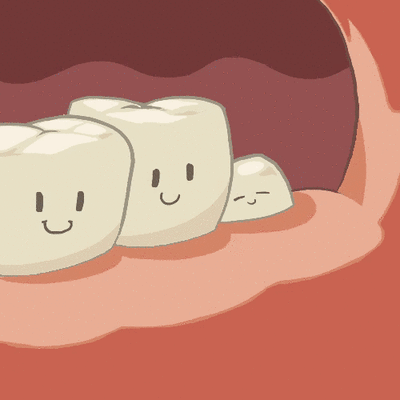
Pull out a wisdom tooth, in addition to avoiding oral inflammation, what impact does it have on the body?
A new study published in the French journal Chemical Senses shows that pulling out wisdom teeth may improve taste function and make people eat more delicious.
After wisdom teeth are pulled out, the taste ability is improved
The new study, published in the journal chemical senses by the University of Pennsylvania School of medicine, found that after wisdom teeth (also known as third molars in medicine) were removed, the taste ability improved.
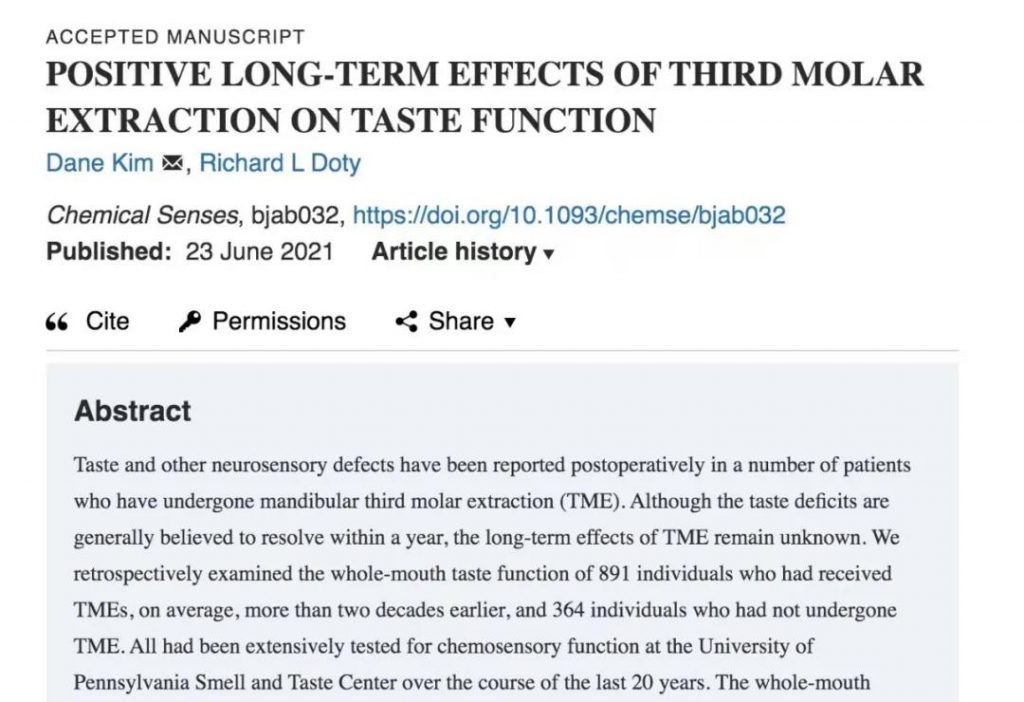
In the taste function test involved in this study, the tooth extraction group performed better than the control group, and in all cases, women performed better than men.
This study is the first to show that, on average, those who had wisdom tooth extraction improved their taste ability (usually by 3% to 10%).
The researchers say that the removal of wisdom teeth has a small but long-term positive effect on the tongue taste pathway in some people.
Where are the “inflamed” wisdom teeth?
Wisdom teeth are the last teeth to grow in the mouth. They are usually located at the back of the dental arch, generally ranging from 1 to 4.
You can count from the central incisor. The eighth tooth is a wisdom tooth.
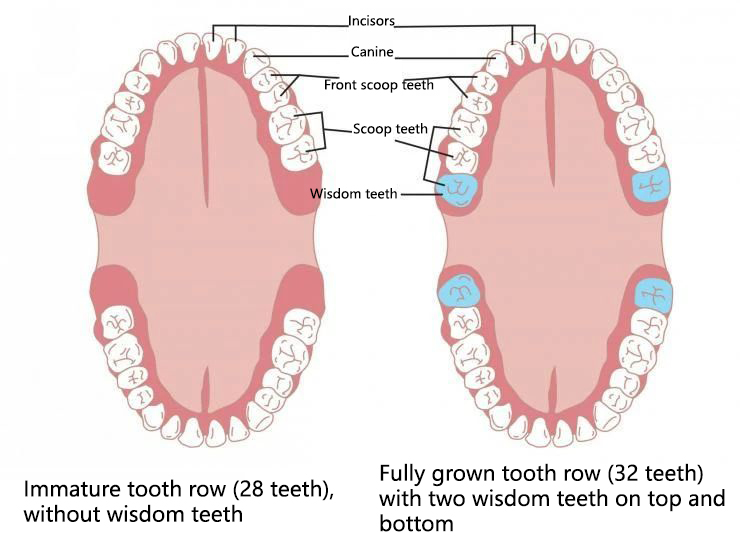
Wisdom teeth generally begin to sprout at the age of 18 ~ 24. At this time, people’s physical and psychological development is close to maturity, so they are regarded as a symbol of “the arrival of wisdom”, so they are called “wisdom teeth”.
There are differences in the time of wisdom teeth sprouting. Some grow before the age of 20, some grow after middle age, others don’t grow for a lifetime, and not all four wisdom teeth will grow.
Why are wisdom teeth always “making trouble”?
In the process of human evolution, due to the continuous refinement of food, the jaw gradually degenerates and narrows, resulting in insufficient growth space for wisdom teeth, which are crowded from small to large, and “impacted” in the jaw.
In this way, wisdom teeth can only squeeze other teeth, making other teeth crowded and uneven, and the problem arises:
Some people’s wisdom teeth are deformed, too large or too small; Some people’s wisdom teeth sprout abnormally, leaning to the buccal side, lingual side or inclined to the front; There are also some people who are born with missing wisdom teeth and do not have 4.
Over time, it will cause adjacent tooth caries, periodontitis, swelling, pain, cheek biting, and even fever, sore throat and other discomfort.
These six wisdom teeth are recommended to be removed
If the growth position and direction of wisdom teeth are normal, there is no tooth decay, the soft tissue around the crown is not inflamed, and there is no history of pain, there is no need to pull them out. In the following 6 cases, it is recommended to pull out wisdom teeth.

1. Recurrent Pericoronitis
This is the most common reason for pulling out wisdom teeth. In this case, wisdom teeth must be pulled out.
Wisdom teeth are horizontally impacted, vertically impacted, inverted and low, resulting in incomplete eruption of crowns, gums covering the tooth surface, and food residues in the teeth and gingival space, which is not easy to clean and easy to induce pericoronitis.
2. Wisdom tooth decay
Wisdom teeth have deep tooth decay, or the position is incorrect, and the cavity occurs on the adjacent surface of the tooth, and the position is deep. It is generally recommended to pull it out, otherwise it may cause neuralgia and pulpitis.
3. Wisdom tooth anteversion
4. Wisdom teeth without involution
Wisdom teeth will always grow tall and contact with the mucosa of the occlusal alveolar, resulting in mucosal lesions.
Food may also remain in the crevices formed by high and low teeth for a long time, which is difficult to clean and inflame the gums.
5. Correction of malformed teeth
The eruption of wisdom teeth occupies space, which may lead to dislocation and deformation of other teeth. In order to align the teeth and ensure that it is not easy to relapse after correction, it also needs to be removed.
6. Affect temporomandibular joint activity
The eruption position of wisdom teeth is abnormal, resulting in disordered occlusal relationship and affecting the normal activities of temporomandibular joint. Joint bounce, pain, limited opening and closing, tinnitus, etc. may occur and need to be removed.
There is a best time to pull out wisdom teeth
Generally speaking, it is more appropriate to pull out wisdom teeth before the age of 30, and the trauma will increase after the age of 40. 13 ~ 30 years old is the best time to pull out wisdom teeth.
Many people pull out wisdom teeth only when they “have to pull out”. Even some elderly people pull out wisdom teeth only when they are in their 80s. They often can’t pull out wisdom teeth because their physical condition is not suitable. At that time, the problems caused by wisdom teeth are difficult to be completely eradicated, and sometimes even affect the elderly to wear dentures, resulting in serious damage to their quality of life.
Some wisdom teeth have damaged the surrounding teeth. At that time, two or three teeth have to be pulled out together. At that time, the damage will be even greater.
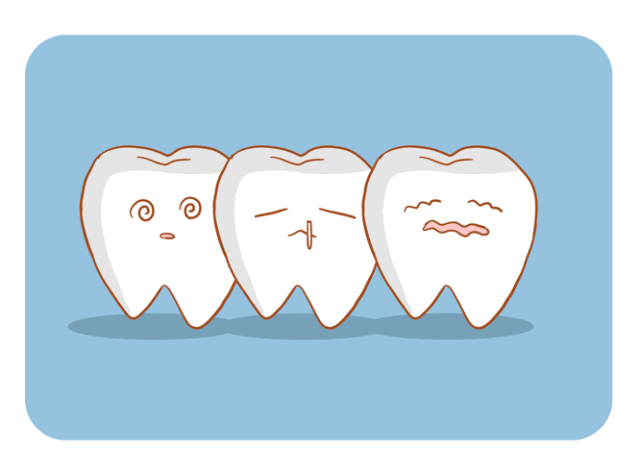
In principle, once wisdom teeth are found to be stunted, they should be removed as soon as possible, otherwise there will be endless trouble in the future.
During the age of 12 ~ 18, it is best to go to the hospital to do a “physical examination” for the teeth to see the development of wisdom teeth, so as to make early diagnosis and treatment. At that time, the root of wisdom teeth has not been formed, and the operation trauma is small as soon as possible, which will benefit the whole life. It is best to remove impacted wisdom teeth that may cause disease before pregnancy.
● Tips:
Women should avoid the menstrual period when they remove their wisdom teeth. Those with high blood pressure, heart disease, diabetes and other systemic diseases should go to the relevant departments for treatment.
It is recommended to bite cotton balls for 30 minutes after operation. Do not brush your teeth and gargle on the same day. The diet is mainly liquid and soft food, and the food should not be overheated. The day should not be violent exercise, can be appropriate cold compress face, alleviate postoperative swelling.
Comments